La mobilisation pour Predrag Matvejevitch continue et même s’intensifie. C’est le puissantissime Huffigton Post qui vient de relayer, avec une présentation de Bernard-Henri Lévy, le texte que celui-ci a cossigné avec Umerto Eco, Claudio Magris, Salman Rushdie, Gilles Hertzog, Olivier Py, Michaël Foessel, Donatien Grau, Nedim Gürsel, Peter Sloterdijk et Pierre Zaoui et que nous avons nous-même mis en ligne hier soir.
La situation de Pedrag est simple. Il a été condamné le 2 novembre 2005, à deux ans de prison, dont cinq mois fermes, pour diffamation. La Cour suprême de Croatie vient de confirmer la sentence de manière irréversible. En sorte que si rien n’est fait et si les autorités croates ne cèdent pas d’une manière ou d’une autre (amnestie, décision administrative…) l’Europe aura un de ses écrivains en prison la semaine prochaine. Ci-après la version anglaise de l’Appel telle que l’a mise en ligne, il y a deux heures, l’Huffington Post.
Faites-la connaĩtre. Faites-la circuler autour de vous. Ici en tout cas, nous nous mobiliserons sans répit jusqu’à ce que Predrag Matvejevitch nous dise que cette affaire n’est plus qu’un cauchemar.
Au passage, la place de Predrag Matvejevitch est ici, à La Règle du jeu, auprès de ses pairs avec qui il a mené dans le passé tant de combats et avec qui il mènera encore beaucoup d’autres. C’est la raison pour laquelle nous venons, Bernard-Henri Lévy, Gilles Hertzog et moi-même, de lui proposer officiellement de rejoindre le Comité éditorial de revue où il représentera la Croatie. Cette décision prend effet à cet instant (cliquez ici).
Bienvenue parmi nous, Monsieur Predrag Matvejevitch!
Predrag Matvejevitch Must Not Go to Prison!
Today, I am joining my efforts with those of ten European writers and intellectuals who are more or less directly related to my review, La Regle du Jeu. Together, we sound a cry of alarm concerning the fate of one of Europe’s great intellectuals who is presently threatened with imprisonment in his own country, Croatia, for an offense of opinion. Can this be Europe? Has European genius fallen so low that we can simply accept this imminent outrage, without any reaction whatsoever? Bernard-Henri LévyOn July 28th, at the age of 78, the Croatian writer Predrag Matvejevitch will perhaps spend his first night in prison, a singular destiny for a university professor who once taught at the Sorbonne, whose only crime is to have openly expressed clear-cut opinions.
October 3rd, 2005, marked the inauguration of negotiations for Croatia’s admission to the European Union. By a coincidence of dates — but was it really that? — scarcely a month later, on November 2nd, Predrag Matvejevitch, one of Croatia’s finest intellectuals, was condemned by the municipal court of Zagreb, the country’s capital, to two years in prison, five months of that term without remission, for defamation. There was an aspect of bitter irony about this, for the same Predrag Matvejevitch once held the European chair at the Collège de France, in Paris, in 1997.
The international press, in particular French, English and Italian, then took up the cause of this professor, specialist of comparative literature and a man of courageous political convictions: the son of a Croatian Catholic mother and a Russian Jewish father, in 1991 he sided with predominantly Muslim Bosnia against the Serbian and Croatian nationalists who dreamed of carving up the country.
His position was by no means easy to assume at the time. He was subjected to insults and defamation of all kinds; shots were fired into his pigeonhole at the University of Zagreb, where he was director of studies of French literature. It was the beginning of an exile that led him to Paris, Rome, and then Trieste.
During all the wars that have bathed ex-Yugoslavia in blood and since then, he has unfailingly fought against nationalism, against extremism, against the hard-liners on all sides and of all origins, expressing his love for a fraternal and pacific Mediterranean in his works, the most famous of which is his Mediterranean: A Cultural Landscape (Fayard, 1992), translated into more than twenty languages and, already, a classic.
In keeping with his combat for another vision of ex-Yugoslavia, for the work of memory, and against the harm that has resulted from ethnic purification, in 2001, at the invitation of the Centre français André-Malraux, he went to Sarajevo with staff and crews of Arte television channel. His stay there inspired him to write a text which appeared in the Croatian daily Jutarnji List, entitled « Our Talibans ».
This text belongs to the literary tradition of travel narratives, but with the melancholy of one who finds himself in the setting of a tragedy he tried, with the means at his disposal, to prevent. Along the thread of his thoughts are a few lines pointing out a certain number of Croatian ultranationalist writers Predrag Matvejevitch deems responsible in part for the disasters of ex-Yugoslavia.
One of them, a poet by profession, considered the term « Christian talibans » (the title of the article as it appeared in Italy) calumnious and filed suit against the author before the municipal tribunal of Zagreb. As libel remains a misdemeanor punishable by imprisonment without a suspended sentence in Croatia today, the Croatian intellectual was condemned to serve time.
Judging the sentence iniquitous and unworthy of a State of law, pleading for freedom of opinion and speech, rebelling, in a word, against what he terms an « offense of metaphor », Matvejevitch has refused to lodge an appeal. The Croatian Prime Minister himself, observing the rising tide of international disapproval, has declared that he is personally opposed to the execution of the sentence. The Court of Appeal took the case before the Supreme Court of Croatia and the latter rendered its verdict scarcely a month ago, confirming the sentence of the magistrate’s court: on July 28th, at the age of 78, Predrag Matvejevitch will sleep in prison.
What a strange destiny for this encyclopedic, polyglot mind! What a scandal for this Croatian George Steiner (for that is the reputation he immediately earned when he came to France)! What a singular fate for this impressive European intellectual whose first published works would inspire Sartre and so many others! His combat, in the dark History of the end of the 20th century, was always that of a free and politically committed spirit, in the very same tradition as Sartre — whom, as a matter of fact, he knew well. His courage honors a European mind which is, at this very moment, so methodically dishonored. And nevertheless, on July 28th, at the age of 78, he will sleep in prison.
« One does not imprison Voltaire, » General de Gaulle said, once again in reference to Jean-Paul Sartre. Of course. But can one, in all conscience, allow Predrag Matvejevitch, a man inspired by the heritage of Voltaire and of Sartre, to be imprisoned? Is Croatian law and the manner in which it is applied compatible with the demands of contemporary law and freedom of expression that are the distinctive features of democracies?
Is it acceptable that, in a country so close to adhering to the European Union, a person guilty of the simple offense of having taken a stand publicly against a poet of civil society (whose ultranationalist positions are known to all) can be treated as a delinquent? And this Croatian left-over of Yugoslavia’s authoritarian past, can it be soluble in Europe?
In the meantime, as we search for an answer to these questions, on July 28th, at the age of 78, Predrag Matvejevitch will sleep in prison.
—————————————————————-
Umberto Eco, writer, philosopher, professor emeritus at the University of Bologna
Michaël Foessel, philosopher, editorial consultant at «Esprit»
Donatien Grau, critic
Nedim Gürsel, writer, research director at the CNRS ;
Gilles Hertzog, writer, publication director of « La Règle du jeu »
Bernard-Henri Lévy, writer, philosopher, director of « La Règle du jeu »
Claudio Magris, writer, professor emeritus at the University of Trieste and member of the editorial committee of «La Règle du jeu»
Olivier Py, writer, director, director of the Odéon-Théâtre de l’Europe
Salman Rushdie, writer and member of the editorial committee of «La Règle du jeu»
Peter Sloterdijk, philosopher, rector of the Staatliche Hochschule für Gestaltung de Karlsruh, professor at the Vienna Academy of Fine Arts
Pierre Zaoui, philosopher, lecturer at the Université de Paris-Diderot, programme director at the Collège international de philosophie
Christopher Hitchens,écrivain, essayiste
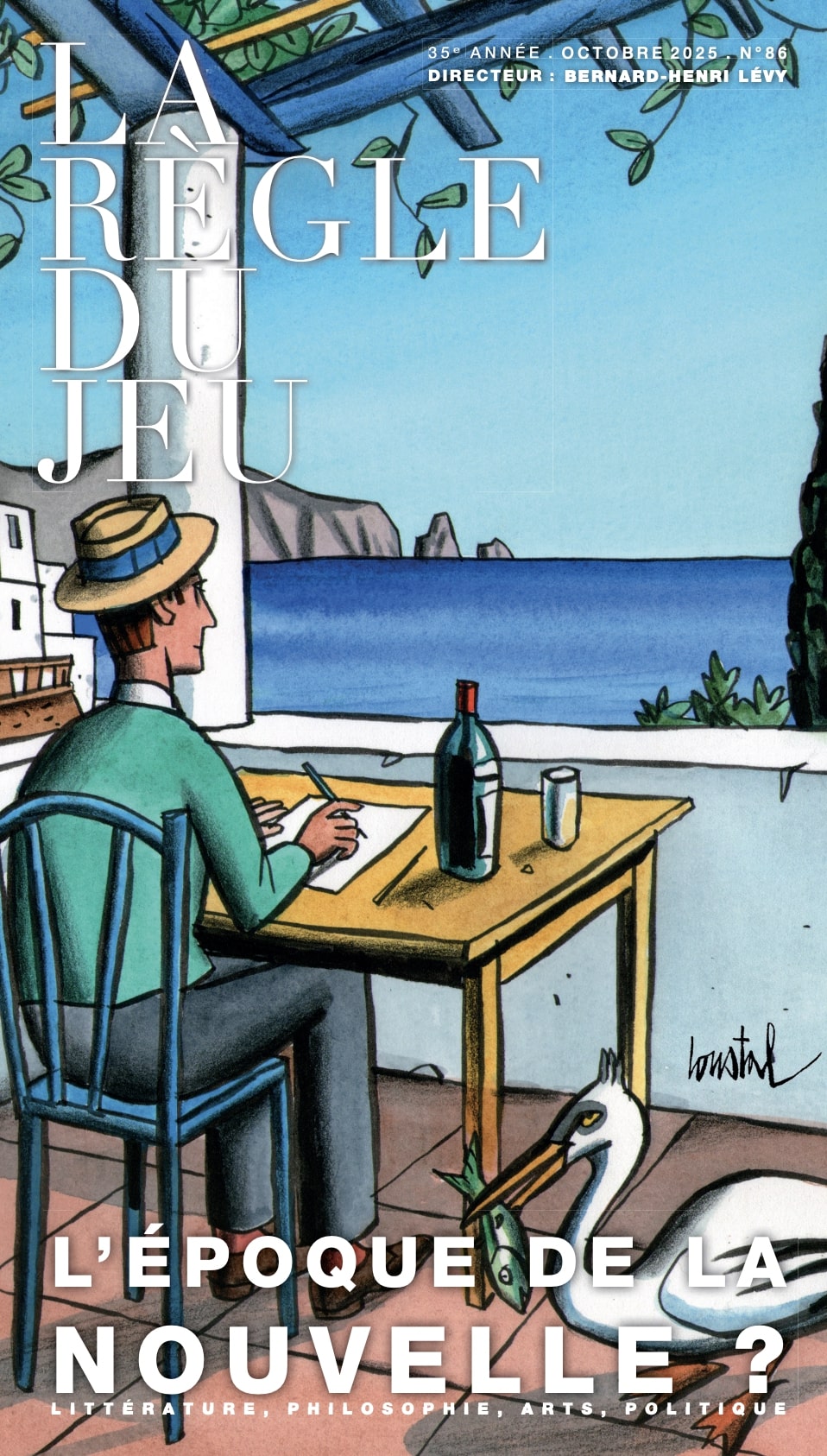
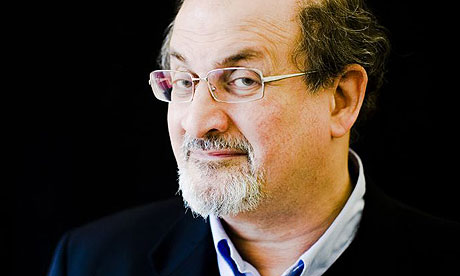

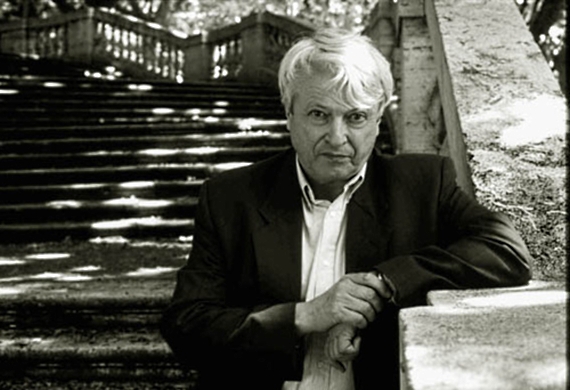
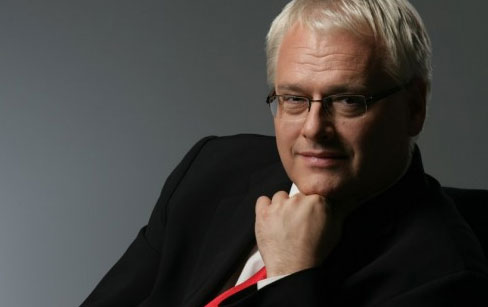
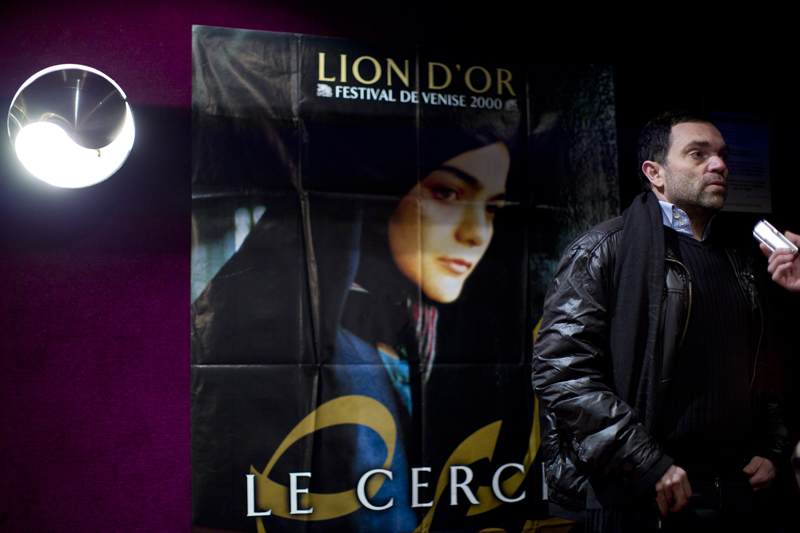
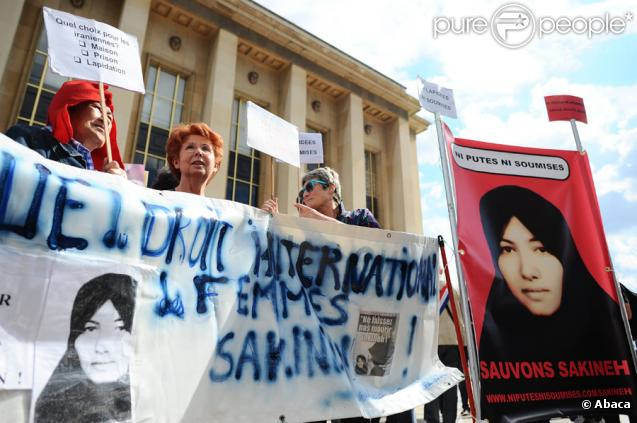

Il faut cesser d’étoufer la liberté de parole. L’Europe doit servir d’exemple et ne doit pas hésiter à le rappeler fermement auprès de ses états membres!
Predrag Matvejevitch doit être libéré;Au nom de la liberté, la Croatie doit absolument réviser son jugement. Dès lors, elle apparaitrait comme un véritable pays démocrate!
Écrivain moi même, je proteste vigoureusement contre la peine infligée à Predrag Matvejevic, un grand écrivain, compatriote, et surtout un des rares intellectuelles qui se battu avec ses paroles des rares justes venant d’ex Yougoslavie contre la mensonge et la propagande des soit disant poètes, écrivains, journalistes et autres qui ont participer en la soutenant à l’assassinat en masse en Bosnie.
Mes respects
Mihrija Fekovic-Kulovic (Vivre et Mourir pour Srebrenica)
S’il y a un point sur lequel d’un bord à l’autre de l’échiquier politique, Nicolas Sarkozy a fait l’unanimité, ce n’est certainement pas sur sa présidence de la France, mais c’est sans aucun doute sur la présidence française de l’Europe. Le 10 décembre 2003, deux jours avant le sommet historique de Copenhague qui donna son accord à l’adhésion de dix nouveaux membres, dont huit classés jusqu’à présent «pays de l’Est», Predrag Matvejevitch répondait au Monde à une série de questions dont la nécessité, sensible pour un citoyen de l’ancien Bloc, de fixer des frontières à l’Union européenne.
«Les nouveaux membres sont appelés à être les gardiens vigilants des frontières de l’Europe. Ce sera très difficile. Ceux qui ont vécu hier avec des frontières étanches qu’il fallait franchir par la ruse devront désormais les surveiller. C’est un paradoxe. Comment concilier libre circulation intérieure et ouverture vers l’extérieur? Je n’ai pas de réponse mais il faut penser cette contradiction. Il faut changer l’éthique de la frontière. Qui dit partenariat dit perméabilité des frontières.»
Aujourd’hui que Matvejevitch, l’écrivain menacé pour ce qu’il est dont il suffit de lire quelques assemblages de mots pour comprendre que sa structure mentale s’est édifiée sur les mêmes étagères des mêmes rayons des mêmes bibliothèques que nous fréquentons chaque jour, ce professeur qui vint ici s’affranchir de la dette intellectuelle et conscientielle qu’il avait contractée auprès des Lumières françaises du haut de la chaire d’une Sorbonne dont les fondateurs n’auraient jamais connu le début d’un commencement d’une ébauche d’inventivité sans s’être nourris au préalable des Lumières de leurs proches ou lointains voisins, aujourd’hui, dis-je, que cet homme rare devient le membre du Comité éditorial d’une revue dont le directeur rencontra quelques difficultés à convaincre un certain président de la République française d’empêcher l’embrasement d’un morceau d’Europe qui déboucha sur l’horreur en plein mois de juillet, il y a juste quinze ans, prions pour qu’un nouveau président qui restera sans doute comme le plus européen des chefs de l’État français, fasse entendre sa voix par-delà l’imperméabilité des frontières, jusqu’à l’oreille d’un homme qui n’a pas attendu ce soir pour être l’un des nôtres.